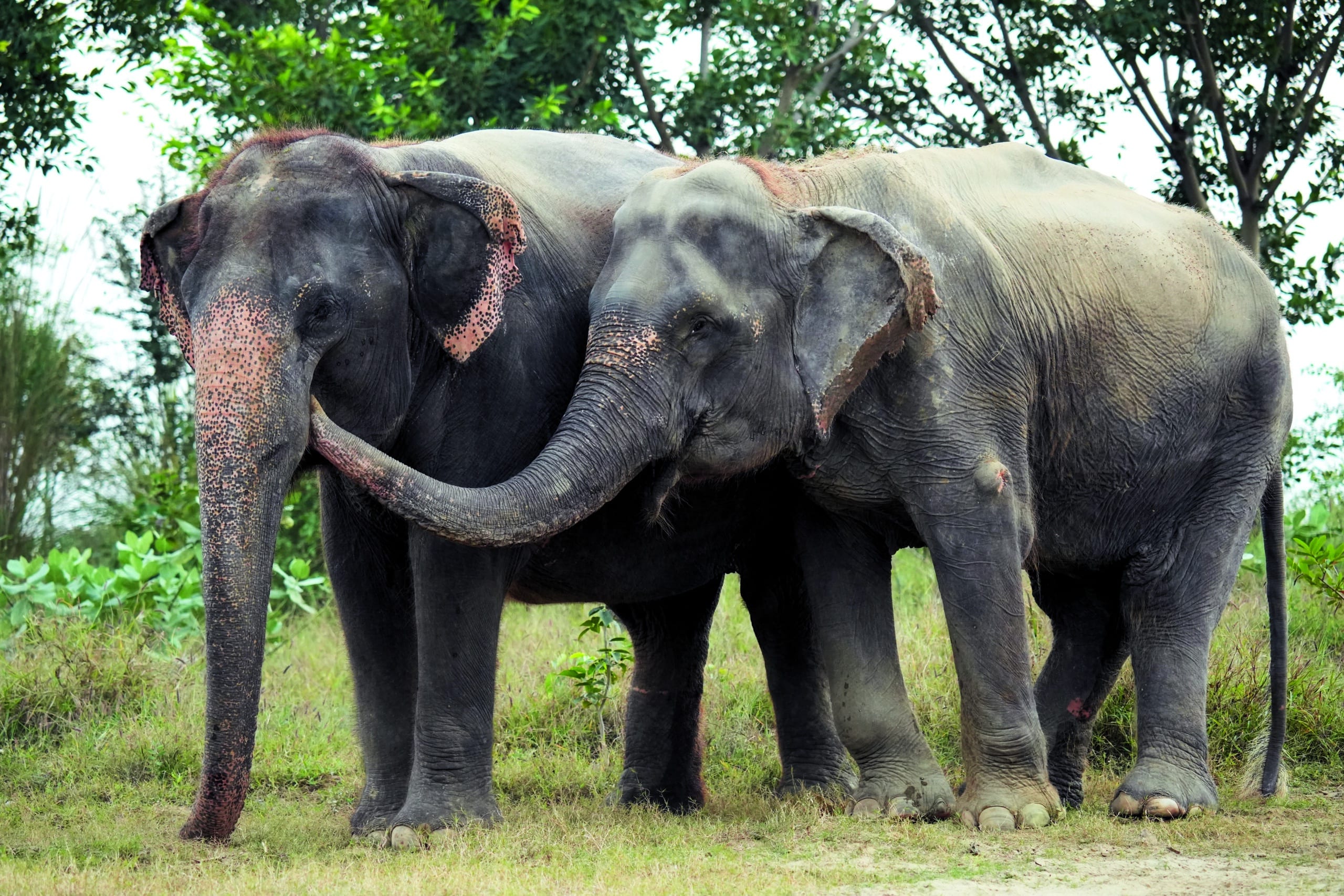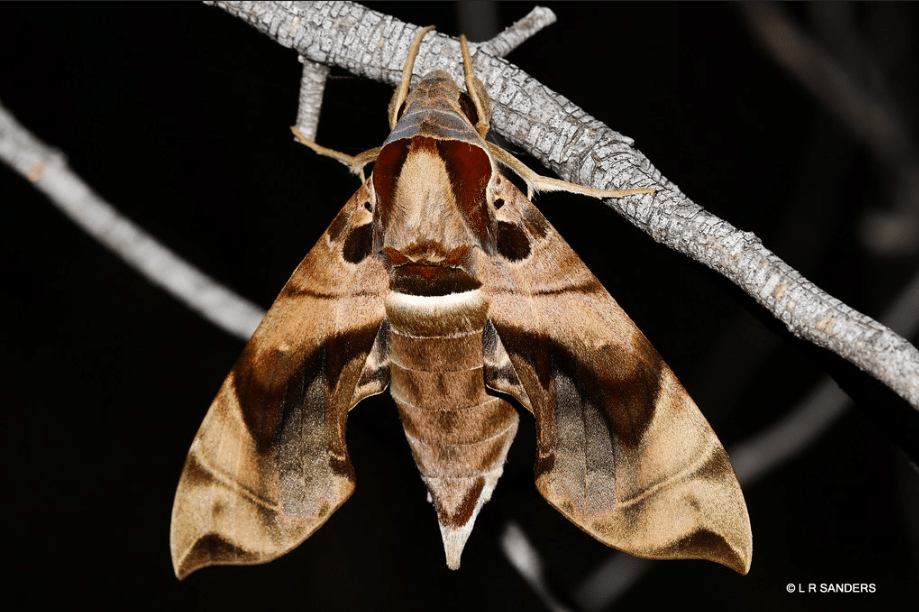You might remember Kalpana—I am happy to report that this year she celebrates her fifth rescue anniversary at Wildlife SOS. Formerly exploited and abused as a ‘begging’ elephant in Uttar Pradesh, Kalpana was rescued in 2019 and brought to the Wildlife SOS Elephant Hospital Campus (EHC) in Mathura for comprehensive...
As South Koreans get ready for the Bok Nal days of summer, which trigger a sharp increase in dog meat consumption in the country, Humane Society International (HSI) has pulled 149 more dogs from the terrible fate of being inhumanely killed and then carved up for use in soup.
The dogs we’ve saved from the pot — including new-born puppies – lived in small groups on a property in Yesan County, in western South Korea. Some passed their days in small, elevated cages, as is typical of dog meat farms, while the owner had others on chains that were hitched to dilapidated dog houses. The dogs were emaciated, with ribs that barked for food. Not only were they fearful and frustrated, they suffered from eye conditions, open sores, and foot and leg deformities. Those posture problems almost certainly stemmed from a combination of nutritional deficiencies and awkward maneuvering on metal caging since puppyhood.
“The flies harass the dogs incessantly, on their bodies and within their cages,” said Kelly O’Meara, HSI’s senior director of companion animals, who is on the ground to work on the rescue. “The hot and humid weather worsens the living conditions, as the dogs don’t get water or food regularly, and they struggle just to get through each day.”
Kelly O’Meara, senior director of companion animals for Humane Society International, holds a puppy rescued from the dog meat farm in Yesan, South Korea. Photo by Jean Chung/For HSI
Instead of being funneled to a nearby dog meat market for Bok Nal, the dogs are now finding their way to animal shelters and rescues in the United States, thanks to our intervention. The first of them arrived stateside yesterday, and others will continue to land there in coming weeks. Fifteen puppies who are too young to fly will remain with their moms at a foster home in Korea until they can make the trip to the United States.
After what the dogs have been through, a lengthy quarantine in Australia is not an option due to the strict quarantine laws in place, so instead they go straight into loving care at homes in the United States or the United Kingdom. However, support from donors in Australia has helped go towards this and our other dog meat farm closures in South Korea.
One of the dogs we rescued has been named Emily, and she’s a beautiful young mastiff-cross suffering from painful skin diseases and swollen paws. HSI found her cowering in her cage, too afraid to lift her head or make eye contact. Angel, a four-month-old puppy who had been kept in isolation, was so desperate for company that she leapt into the arms of our HSI team when they first opened her rusty cage. Our team never needed that motivation to conduct these operations, but what a signal and what an affirmation of the life-saving, life-changing work our team is doing.
Nara Kim, Campaign Manager in South Korea of Humane Society International (HSI), holds Suzi at a dog meat farm in Yesan, South Korea.
This is the ninth dog meat farm that HSI has permanently closed since 2014, rescuing and rehoming nearly 1,000 dogs by working in cooperation with dog meat farmers. The farmer whose dog meat farm we just closed approached HSI because he is considering a move into crop growing. HSI will help him with a business plan to transition into a more humane livelihood, as we have with other dog meat farmers.
Although fewer and fewer Koreans now consume dog meat, farmers raised more than 2.5 million dogs on thousands of dog meat farms across South Korea – the only country in the world to commercially raise dogs for human consumption. The dogs have a miserable life, followed by a terrible, sometimes prolonged death. Electrocution is the most common method of killing, and it can take up to 20 minutes for some dogs to die. Dog meat traders also hang the dogs, and often they are killed in full view of their kind, making their final moments a social nightmare, packed with dread and hyper-anxiety.
While we recognise that it’s impossible for us to save every dog trapped in a cage or on a chain and destined for the meat trade, we can change the world for the ones we take into our care. What’s more, we are attacking the problem at many levels to bring an end to this trade altogether. With the farm closures, we are not only freeing individual dogs trapped in this cruel trade and finding them homes while raising awareness about the dog meat trade, but we are also providing the South Korean government with a successful blueprint for change to scrap the entire, sordid industry.
Lola Webber, Campaign Manager for South Korea for Humane Society International (HSI), pets Minsu, who has deformed legs at a dog meat farm in Yesan, South Korea. Image: Jean Chung/For HSI
We are working to dispel mistaken beliefs around consuming dog meat. Although eating dog meat is a dying practice in Korea, many Koreans who don’t otherwise eat it are likely to do so during Bok Nal in the mistaken belief that it invigorates the blood in the sluggish heat.
Throughout the summer, HSI is taking its campaign to the streets of Seoul to raise awareness, including iDog, our virtual reality experience that shows Koreans the disgusting conditions in which the dogs are forced to live on the dog meat farms. Most Koreans are unaware of what a dog meat farm really looks like. We are also trying to dispel a widespread misconception that farmed dogs are somehow different from companion dogs.
We rolled out on the Seoul subway an eye-catching advertising poster featuring Korean-American actor Daniel Henney, and next we are launching Korean language PSAs with national TV stars Hunter and Sam Hammington. HSI is also running a petition in English (which you can sign by scrolling down to the end of this post) and Korean with campaign partners Korea Animal Rights Advocates.
Actor Daniel Henney calls for an end to South Korea’s dog meat trade in new Seoul subway ads for Humane Society International
With all the work we are doing, there is cause for hope. Increasingly, farmers are finding exit strategies from the trade because of the dropping demand for dog meat, as opposition to eating dog grows among Korean citizens and politicians. In December last year, officials in the city of Seongnam expressed their desire to close down the dog meat section of Moran Market, the largest in the country, and transition traders to other livelihoods, much like HSI does. While some Moran dog traders are still resisting the move, others have already taken the opportunity to move into other businesses.
Recently, South Korea’s newly elected President Moon Jae-in adopted a dog named Tory. Tory was rescued from living life on a dog meat farm. What a hopeful and extraordinary sign that is, as the world focuses attention on South Korea in the run-up to the 2018 Winter Olympics there. Don’t forget to sign our petition to President Moon Jae-in and the South Korean government below.






